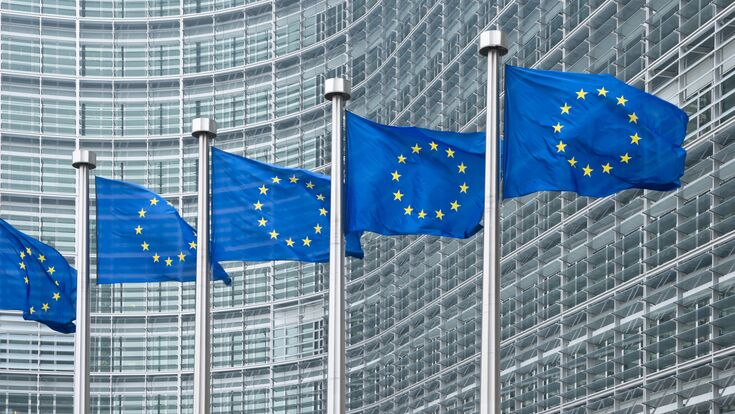New European measures agreed : EU takes bold steps to curb food and textile waste

One of the key aspects of the agreement is the introduction of binding food waste reduction targets, to be met at the national level by 31 December 2030. These targets include a 10% reduction in food processing and manufacturing, and a 30% per capita reduction in retail, restaurants, food services, and households. These benchmarks will be calculated against the average annual waste generated between 2021 and 2023.
To ensure effective implementation, EU countries will be required to identify key economic operators that significantly contribute to food waste and take steps to facilitate the donation of unsold but safe food for human consumption. This initiative aligns with broader EU sustainability goals and seeks to improve food distribution while minimizing waste.
>>> A Global Perspective on Methane Emission Reductions from Landfills
Producers to bear responsibility for textile waste management
The agreement also establishes new rules for managing textile waste, shifting responsibility onto producers. Under the extended producer responsibility (EPR) scheme, businesses making textiles available in the EU will be required to cover the costs of collection, sorting, and recycling within 30 months of the directive’s entry into force. Micro-enterprises will be granted an additional 12 months to comply.
These regulations will apply universally to all producers, including those operating via e-commerce, regardless of their location. The new rules encompass a wide range of products, such as clothing, accessories, footwear, blankets, linens, and curtains. Additionally, EU countries may choose to extend EPR schemes to mattress producers.
To further address environmental concerns, negotiators agreed that member states should consider the impact of ultra-fast and fast fashion when determining financial contributions to EPR schemes. This move aims to discourage unsustainable production cycles and promote more responsible manufacturing practices.

Legislative success and future implementation
Commenting on the agreement, Rapporteur Anna Zalewska (ECR, PL) highlighted Parliament’s success in securing practical and effective measures to reduce both food and textile waste: "During the final negotiations round, Parliament succeeded to secure provisions making sure that food waste and textiles waste as part of the municipal waste will be further reduced. We succeeded in ensuring feasible and realistic provisions for member states to implement food waste reduction policies and we managed to ensure that the agriculture sector will not be negatively impacted. We also set up the legal framework to ensure that producers contribute to the effective separate collection of textiles they produce. We managed to lower the administrative burden both for member states and economic operators.”
With the "early second reading agreement" finalized, the Council is now expected to formally adopt its position. Once this step is completed, the European Parliament will endorse the agreement in a second reading, solidifying the new waste management measures into law.
The growing waste crisis
The urgency of these measures is underscored by alarming waste statistics. Every year, the EU generates nearly 60 million tonnes of food waste—equivalent to 132 kg per person—and 12.6 million tonnes of textile waste. Of this, clothing and footwear alone account for 5.2 million tonnes, or 12 kg per person annually. Shockingly, less than 1% of textiles worldwide are recycled into new products.
The European Commission had already proposed a revision of waste management rules in July 2023, targeting food and textile waste as critical environmental challenges. Under current regulations, EU countries are mandated to establish separate collection systems for textiles by 1 January 2025.
With these new measures, the EU is taking a definitive step toward a more sustainable future. By holding producers accountable and setting ambitious food waste reduction targets, the bloc aims to transition towards a circular economy that minimizes waste and maximizes resource efficiency.

